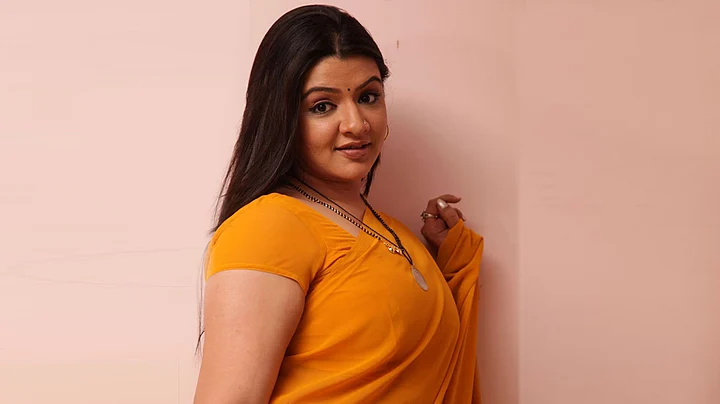Telugu actress Aarthi Agarwal’s death following complications of liposuction should be a wake up call for anyone trivialising cosmetic surgeries.
In the world of nips and tucks, liposuction is the most popular procedure. It is a surgical method of permanently removing stubborn spot fat from the tummy, thighs, abdomen or the double chin.
No longer just the vanity of the rich and famous, the pursuit of a hot bod, is reportedly driving 2 lakh Indians to undergo liposuction every year. And these are just conservative estimates.
The results aren’t always the bargain you hope for– an irregular body conturing, excess flabby skin can be corrected in painful repeat procedures but death due to liposuction gone wrong - would Aarthi Agarwal have traded a flat stomach for her life?
The Procedure
The number of procedures carried out in the US has increased by 155% in the last 5 years. Similar figures are not available for India, but it is likely to have the same appeal here.
The industry is driven not by patient illness but by patient vanity. Whether it is for the sake of beauty or to fight the effects of time and gravity, more than 20 lakh Americans, and 2 lakh Indians opt for it every year.
The procedure starts with the injection of an anesthesia and a certain amount of adrenaline which shrinks the blood vessels and decreases the amount of bleeding that may occur.
A long, hollow needle known as ‘cannula’ is vigorously moved through pockets of fat under the skin which are then literally sucked away leaving a smoother, firmer, body contour. This is far from being painless. Now this requires a lot of precision because if the cannula is not worked properly, there will be streaks of irregular fat removal.
The extracted fluids are kept in a container so that their quantities can be carefully monitored. Anything more than 3 litres of fluid is dangerous. Death due to liposuction is rare but it happens when large volumes of liposuction is undertaken.
Risky Business
“It is sad that it takes a tragedy like Aarthi’s death for us to wake up. Liposuction is not like going for a fancy haircut. Or a daycare job. It is a serious medical procedure with all the possible complications of a surgery. Just because the name is cosmetic surgery, it is not trivial business.”
– Dr Mohan Thomas, Senior Cosmetic Surgeon, Breach Candy Hospital
Liposuction for all of it’s sophistication is a blind procedure where a tube is placed underneath the skin and moved back and forth. Its done by feel. Perhaps why a botched up procedure may just be the beginning of your troubles
As with all operations done under general anesthesia, there are risks from the anesthesia itself.
If you’ve noticed ads in newspapers about mega liposuction then understand that mega lipo means mega side-effects. More than 5 litres of fluid extraction can be fatal.
We all need a certain amount of fat between our skin and muscle. Take away too much and a patient will end up with indentations, rivets and bumpiness, a drop in blood pressure and kidney failure.
After the operation, risk of infection is very high.
Long terms side effects of lipo are not known.
Post-op swelling subsides in four to six months. Aarthi Agarwal was the unfortunate 1 in 5000 people who die due these severe complications
Beware of Lipo Cowboys
“Overall Liposuction is a fairly safe procedure if done by a skilled cosmetic surgeon but the big worry is that everyone from GPs to ENT’s are offering Lipos to cash in on the demand. This is incredibly worrying. They may be very qualified in their own field but liposuction should only be performed by a surgeon who has the letters FRCS and then ‘’Plast’’ after their name.”
– Dr Naveen Rao, Cosmetic Surgeon
If you are keen to get your fat sucked out, do some solid research. Don’t look at it as a weight loss surgery. Lipo is for people close to their ideal body weight looking to deal with some stubborn fat pockets.
Zero in on a great cosmetic surgeon. Remember it’s your body we’re talking about. And then go to two different surgeons for a second opinion.
If the surgeon promises a cheap procedure under a lakh, risk free and painless, turn around and leave the room because that is a lie.
Make sure your doctor evaluates your complete medical profile before the procedure. Some underlying diseases can make you more prone to side-effects than others.
It’s best to get the procedure in a private hospital than a clinic. But if you must take get it done at a clinic, ask your doctor for a backup plan if there are complications.
(At The Quint, we question everything. Play an active role in shaping our journalism by becoming a member today.)
